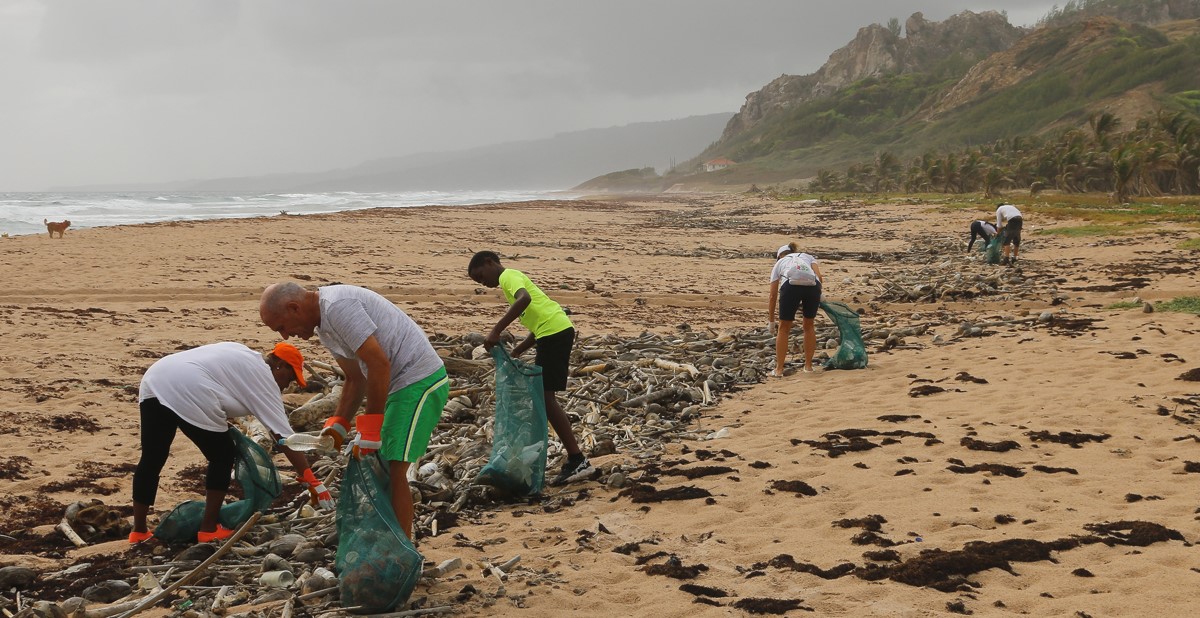What The Death Of Single-Use Plastics Means For Promotional Products

Global attitudes toward single-use plastics are changing, with an Ipsos Group S.A. poll finding that 75% of the world’s population wanting them banned as soon as possible. Public sentiment has been progressively turning against single-use plastics, year-over-year, and the same Ipsos poll found that 82% favor products with less plastic packaging—up from 75% in 2019.
These shifts represent a potential opportunity for the promotional products industry, which offers a wide range of reusable goods that accommodate shifting consumer preferences.
Reusable cups, bags and other items have been part of the promo industry for decades, but the market has grown increasingly conscious of their merit regarding the environment and sustainability.
This is what a global reliance on single-use plastic bottles looks like.
— 4ocean (@4ocean) March 2, 2022
Single-use plastic bottles are used for just minutes but can last as pollution in the environment for up to 500 years. And our cleanup crews around the world find thousands of plastic bottles every day. pic.twitter.com/eJUTIUIip2
“Reusable products are increasing in demand and value every single day,” says Rich Corvalan, senior vice president of sales at Zing Manufacturing. “The industry as a whole has been cognizant of reusable and recycled products for many years. The cost in the past has been a stumbling block, but that seems to have changed over the years. End users are demanding this type of product, so we must deliver.”
The growing willingness of clients to opt for reusable products has changed the arithmetic for the industry. It has also affected how industry companies position themselves, with several pursuing B Corporation certification in recent years.
Certified B Corporations are businesses that meet the highest standards of verified social and environmental, public transparency, and legal accountability to balance purpose and profit. Unlike traditional corporations, B Corps are legally required to consider the impact of their decisions on all stakeholders: customers, employees, communities and the environment before their shareholders.
Corvalan says, “For many years, end users asked about reusable products, but did not want to pay the premium for them. This has changed dramatically in recent years. The environment is important to most, and working with companies that are Certified B Corporations is more important today than ever before.”
Distributors’ conversations with their clients are also evolving to account for reusable products’ growth in the market, and to educate customers on how they can benefit them and their brands.
“It’s educating the client,” says Leo Friedman, founder and CEO of Chicago-based distributor iPromo. “The product their name is on is actually a reflection of their name as well. So, if you give me something I’m going to throw away quickly, it’s says ‘Company X isn’t trying to build a relationship.’ The actual product your brand is on matters, big time. We need to guide consumers to things they care about and are meaningful to them, especially as companies have ecofriendly governance.
“You don’t have to spend a lot to make a difference. In many cases, it’s pennies. And that’s where we steer clients.”
View this post on Instagram
In many ways, however, distributors’ move to offer clients reusable products is meeting them where they are, and they’re doing so by showing them the many ways the promo market is already there.
“Consumers are taking things a step further,” Friedman says. “They want brands that give back. Plant trees, clean water, meals for hungry families. Putting people and the planet over profits. These brands are becoming top sellers in promo. Think about the talking points. ‘Is that a MiiR water bottle?’ It shows the business behind the promotional products actually cares; they’re not just giving you a cheap plastic thing.”

